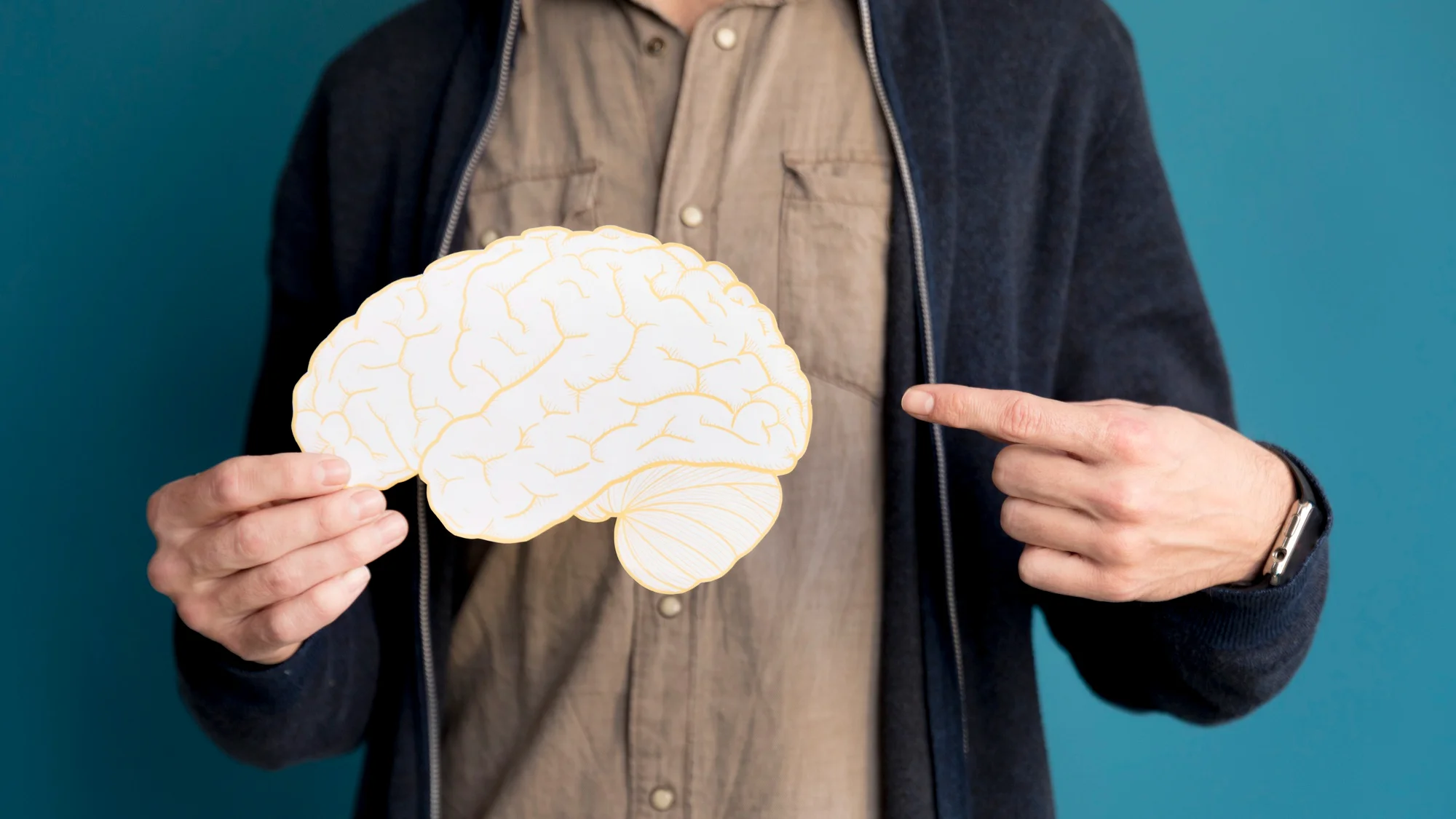Keywords
1. Dopamine and Memory
2. Reward Prediction Error
3. Memory Encoding Enhancement
4. Episodic Memory Research
5. Decision-Making and Memory
Unlocking the Link between Reward Prediction and Memory Enhancement: New Study Reveals Temporal Dynamics in the Brain
Memory and decision-making are two cognitive domains critically interwoven into the fabric of our daily lives. The way we consolidate experiences into memory can significantly influence the future choices we make. A recent study published in Nature Human Behaviour by a group of researchers spearheaded by Jang Anthony I. and colleagues from Brown University brings to light new insights into how these cognitive processes might be interlinked. Their research, titled “Positive reward prediction errors during decision-making strengthen memory encoding” (DOI: 10.1038/s41562-019-0597-3), illuminates how dopamine signals related to rewards can potentiate memory encoding, independently of memory consolidation processes.
The Study and Its Findings
The investigators developed an incidental memory paradigm to explore how reward prediction errors (RPEs) — the difference between expected and received rewards — influence the formation of new episodic memories. To accomplish this, they had participants engage in a gambling task where they could win potential rewards while being presented with images they were later tested on. Memory strength for these images was then assessed after short intervals and again after a day to gauge the influence of RPEs and whether this influence extended beyond immediate strengthening to memory consolidation.
The results revealed a striking synchrony between the occurrence of a positive RPE and the concurrent strengthening of incidental memoranda. Interestingly, the memory enhancement was detectable mere minutes after the experience and did not vary significantly 24 hours later, suggesting that this potentiation of memory encoding occurs immediately and does not rely on long-term consolidation.
The Role of Dopamine in Memory Formation
Dopamine, a neurotransmitter associated with pleasure and reward, is posited as a significant factor in this process. Dopamine neurons are known to emit an RPE signal, adjusting future behaviour and reinforcing learning. By tying this to memory encoding, the research from Anthony I. Jang and his team proposes a novel role for RPEs: they do not merely impact decision-making but also leave a lasting imprint on memory formation via dopamine modulation.
Relevance and Implications for Future Research
This study not only sheds light on the underlying mechanics of memory and learning but also opens new pathways for exploring therapeutic interventions for memory impairments. For instance, could leveraging the brain’s reward system improve memory retention in individuals with learning disabilities or memory decline due to aging or neurodegenerative diseases? Furthermore, the research provides a clearer understanding of why emotionally charged or surprising events are often remembered more vividly, a phenomenon that can also be relevant in educational contexts to enhance learning outcomes.
References
1. Jang AI, Nassar MR, Dillon DG, Frank MJ. Positive reward prediction errors during decision-making strengthen memory encoding. Nat Hum Behav. 2019;3(7):719-732. DOI: 10.1038/s41562-019-0597-3.
2. Schultz W. A Neural Substrate of Prediction and Reward. Science. 1997;275(5306):1593-1599. DOI: 10.1126/science.275.5306.1593.
3. Shohamy D, Adcock RA. Dopamine and adaptive memory. Trends Cogn Sci. 2010;14(10):464-472. DOI: 10.1016/j.tics.2010.07.002.
4. Lisman JE, Grace AA. The Hippocampal-VTA Loop: Controlling the Entry of Information into Long-Term Memory. Neuron. 2005;46(5):703-713. DOI: 10.1016/j.neuron.2005.05.002.
5. Murty VP, Adcock RA. Enriched Encoding: Reward Motivation Organizes Cortical Networks for Hippocampal Detection of Unexpected Events. Cereb Cortex. 2014;24(8):2160-2168. DOI: 10.1093/cercor/bht063.
Authors’ Contributions and Acknowledgements
The authors, Jang Anthony I, Nassar Matthew R, Dillon Daniel G, and Frank Michael J, contributed significantly to the conception, design of the work, acquisition of data, and interpretation. They have also acknowledged the support of various NIH grants which facilitated their research.
This advancement in cognitive neuroscience not only exemplifies the complex interplay between memory and reward systems but emphasizes the importance of temporality in cognitive processes. As research continues to unravel the intricacies of the human brain, our understanding of cognitive functions and their practical applications in education, therapy, and personal development will undoubtedly expand, offering hope for enhancing human potential through scientifically informed strategies.
This research signifies a step forward in comprehending the intricate relationship between motivational signals and memory consolidation. It is a relationship that not only promises to enrich our theoretical understanding of learning mechanisms but also holds tangible prospects for the improvement of educational methods and therapeutic approaches for memory-related disorders.
Conclusion
The article “Positive reward prediction errors during decision-making strengthen memory encoding” and the corresponding research provide an exciting avenue for further exploration into the symbiotic relationship between reward mechanisms and memory formation. The study’s implications reach wide, from cognitive neuroscience to educational strategies and beyond, promising to help tailor more effective learning experiences and interventions for those with memory impairments.
In conclusion, by understanding the finely tuned dance between dopamine-influenced reward predictions and memory strength, we can begin to unlock the full potential of cognitive enrichment approaches in a variety of domains, thus enhancing the human experience through a greater command of our decision-making and memory capabilities.
